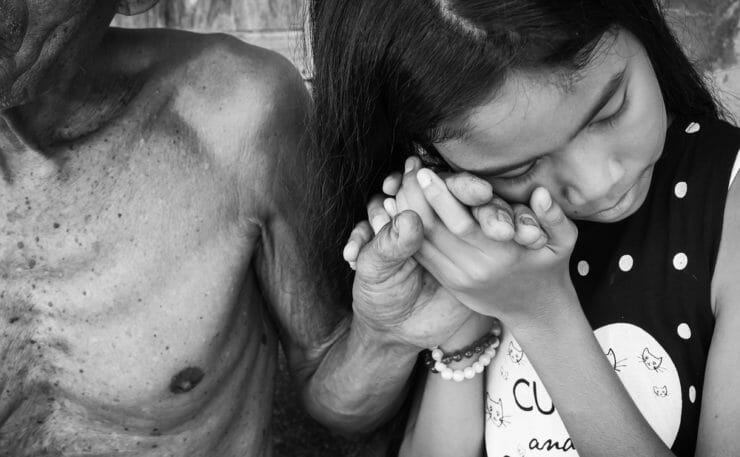When we’re facing challenges and difficulty, it’s easy for the inherent frustration of the situation to turn inwards, towards ourselves. This can arise as self criticism, self attack, and self judgment.
In the wake of this frustration, you may experience feelings, thoughts, and inner dialogue that sound and feel like this:
- “I should be able to handle this better.”
- “Why aren’t you handling this better?”
- “Why is this so hard for me?”
- strong feelings of aggression, self blame, and criticism
- feelings of collapse – hopelessness, impotence, helplessness – a feeling of, “Why bother?” or “I’ll never change”
Ouch – it can be so painful.
When conscientiousness leads to self criticism
I’ve found that self criticism can often arise in those of us who are highly sensitive, earnest, hard working, or conscientious.
In highly sensitive people, there’s often an underlying hope, belief, or desire that because we’re hard working, conscientious, or sincere that we should be able to effect more change or make things different.
This can inflate our sense of power – as if our good intentions should be a protection against life’s difficulties, problems, or even our own fallibility. It can create a lot of pressure and feeling of responsibility.
The poignancy of self attack
Then, when problems do arise – when we experience a setback or go through a challenging time, when our dreams, ideals or expectations fall short, or when we make a mistake, we may turn against ourselves: “Why didn’t I prevent this from happening?”
It can easily send us into a place of collapse or a feeling of depression – a chronic sense that ‘I should be doing better.’
This pathway is understandable. Our hearts care, they love, they feel, they long to embody the ‘better angels of our nature.’
It’s painful to face our limits, it’s painful to face our reactivity, it’s painful to find ourselves in situations that are hard and difficult and lonely and challenging.
Of course we want to feel empowered to make things less painful or difficult!
It’s ironic and poignant – how our desire to protect ourselves, or our desire to protect our hopes and dreams can turn into aggression, into an attack against ourselves.
The shift from self criticism to self compassion
It’s a radical and powerful shift when we move from “Why am I not doing better?” t0 “Oh, this is really hard.” In this movement, we soften self blame and self criticism and lean into compassion, understanding and acceptance.
There’s a deeper embrace for how it really is right now – “Ah, yes, this is hard.”
It’s a big picture integration that takes in all the parts, all the players, all the complexity of being human.
This integration is a movement from fear – the sense that, “Something’s wrong, something’s terribly wrong!” – into love – “This is so tender and difficult. Oh, how it needs care and support.”
‘Touching the ground of our being’
In this turning from fear to love, we also turn to humility – what was once called ‘touching the ground of our being.’
Humility isn’t beating ourselves up – rather, it’s a warm, tender, wide and wooly embrace of our limits and of the complexity of being human. It reaches up and around and claims us as our own, as beloved, as rooted, as belonging.
In my own life, ironically, it was in my failures – my wrestling with eating disorders and food addiction, my wrestling with depression and anxiety – that I finally found the belonging I had sought in trying to ‘be better.’ The more I opened to my own humanity, the more I felt connected to others’.
I found my heart becoming tenderized towards my flaws, towards others’ foibles and failures, and more forgiving to both.
In my failure to achieve some mentalized ‘ideal’ I was connected to others, not separate from them.
Joining the human family
Through “failure” we join the giant umbrella of the human family: every other being who has also failed to meet their own expectations, every other being who’s wanted to ‘do better.’
In this place of ground – ah, how human of us to make mistakes, to err, to experience difficulty – we find home: a place open to us all.
And in this place, we find connection and support. When we move from “I should’ve done better” to “this is hard,” often the next step is, “I think I could use some more help.” Rather than trying harder, or beating ourselves up, we open and reach out.
We ask for help, we share our difficulties with another, we expose our vulnerability. Ironically, the hard time and the challenge gets easier, because we’re no longer trying to do it alone.
How beautiful – that it is through humility, compassion, ground – “Oh, this is really hard” – that we find a deeper connection – to ourselves, to others, to life.
To the ground of your being, and to the ground that holds you on this good day,
Karly
